We tend to measure what’s easily measured (and supports the status quo) and ignore what isn’t easily measured (and calls the status quo into question).
If we use gross domestic product (GDP) as a broad measure of prosperity, we are 160% better off than we were in 1980 and 35% better off than we were in 2000. Other common metrics such as per capita (per person) income and total household wealth reflect similarly hefty gains.
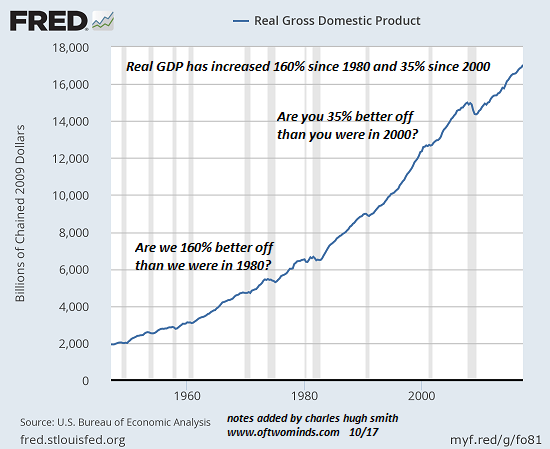
But are we really 35% better off than we were 17 years ago, or 160% better off than we were 37 years ago? Or do these statistics mask a pervasive erosion in our well-being? As I explained in my book Why Our Status Quo Failed and Is Beyond Reform, we optimize what we measure, meaning that once a metric and benchmark have been selected as meaningful, we strive to manage that metric to get the desired result.
Optimizing what we measure has all sorts of perverse consequences. If we define “winning the war” by counting dead bodies, then the dead bodies pile up like cordwood. If we define “health” as low cholesterol levels, then we pass statins out like candy. If test scores define “a good education,” then we teach to the tests.
We tend to measure what’s easily measured (and supports the status quo) and ignore what isn’t easily measured (and calls the status quo into question). So we measure GDP, household wealth, median incomes, longevity, the number of students graduating with college diplomas, and so on, because all of these metrics are straightforward.
We don’t measure well-being, our sense of security, our faith in a better future (i.e. hope), experiential knowledge that’s relevant to adapting to fast-changing circumstances, the social cohesion of our communities and similar difficult-to-quantify relationships.
Relationships, well-being and internal states of awareness are not units of measurement. While GDP has soared since 1980, many people feel that life has become much worse, not much better: many people feel less financially secure, more pressured at work, more stressed by not-enough-time-in-the-day, less healthy and less wealthy, regardless of their dollar-denominated “wealth.”








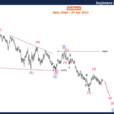

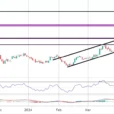
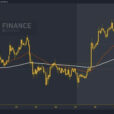
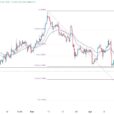
Leave A Comment